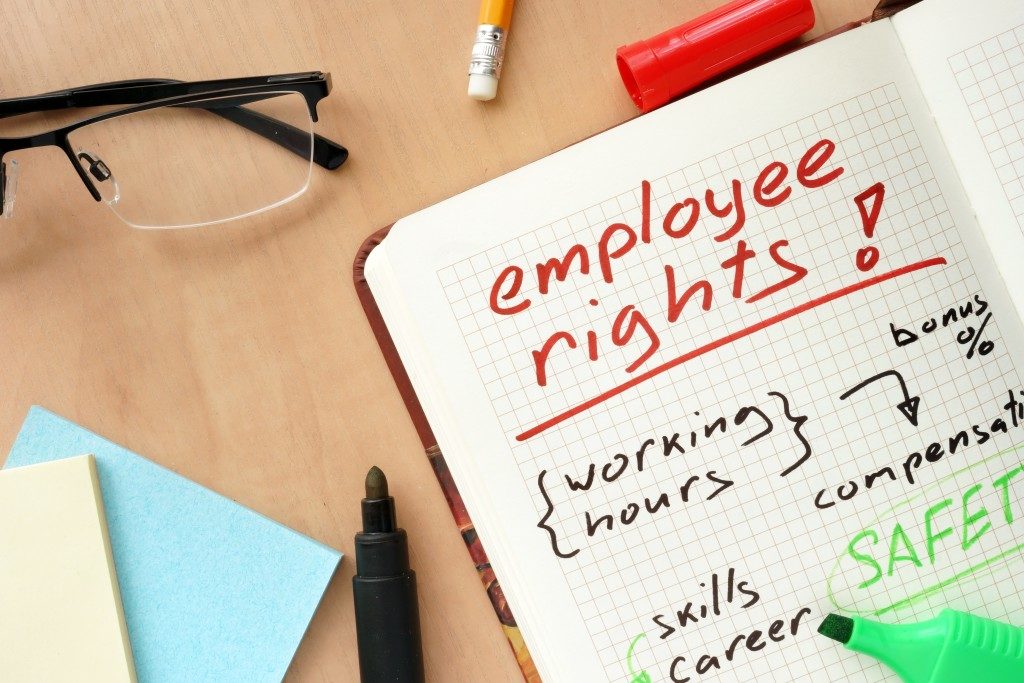In the United Kingdom, the number of self-employed workers is rising. According to the Office for National Statistics, the number increased from 3.3 million people in 2001 to 4.8 million in 2017.
Self-employment takes on many forms. Entrepreneurs, contractors and freelancers can be their own boss instead of working for an employer. When you’re self-employed, you can determine your own schedule, work for more than one client and decide on a price for your own work. However, self-employment also has its disadvantages, such as isolation and not being able to receive employee benefits like sick pay and holiday pay.
Another challenge in self-employment is injury in the workplace. Self-employed workers are responsible for their own safety in the workplace, and with no third party to hold accountable, they often don’t file a personal injury claim.
However, there are instances in which you’re entitled to make a personal injury claim for compensation.
When You Can Claim for Workplace Injury
As a self-employed worker, you become an employee when you spend most of your time working for one particular company. When you sign a contract from, say, a construction company work for a project, you effectively become its worker. This means you’re entitled to the same health and safety benefits that regular employees enjoy.
As an employee of that company, you have a right to expect that the employer will ensure the safety of the working environment. It should provide you with the proper equipment and training to carry out the job, and it must also make sure that the equipment you’ll use is well maintained. If you get injured because of the employer’s failure to ensure your safety, you have enough grounds to file a personal injury claim.
What to Do During an Accident

The next step is to collect as much evidence as you can. If you’re unable to do so because of your injuries, ask the help of a colleague. Take photographs of the equipment involved, the surrounding area, your injuries and anything else that can prove that the accident took place. Ask your colleague to also collect the names, contact details and accounts of witnesses.
All workplaces are required to record all employees under health surveillance. Once you’ve recovered from your injuries, record the incident in the log book and have it signed by the person in charge.
After attending to your injuries, consult with a personal injury solicitor to explore your options for filing a claim for compensation. This solicitor will assess the situation and inform you whether or not you have a case to file for a claim.
What Compensation Can be Claimed For
The amount of compensation you can claim depends on the severity of the injury and its long-lasting effects. Your solicitor will estimate the amount you can receive based on factors such as lost earnings due to your time off from work, future loss of income and changes to your ability to work. Make sure to retain receipts and other evidence of financial loss, as these will strengthen your claim.
As a self-employed worker, you may not be entitled to the same rights and benefits as someone who’s employed by a company. However, if you’re employed for a company for a certain period, you’re entitled to the same rights when it comes to health and safety. If you were involved in an accident in the workplace and it can be proved that the accident occurred through no fault of your own, you can claim for compensation against your employer.



